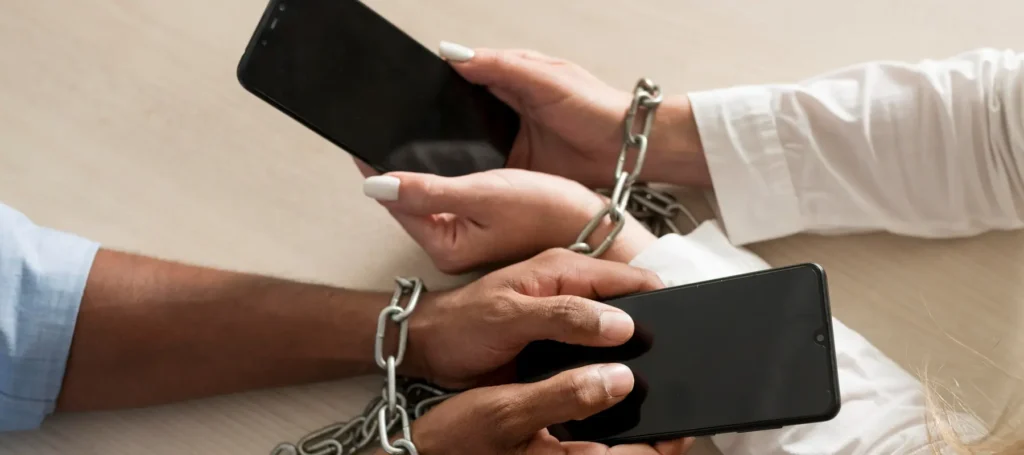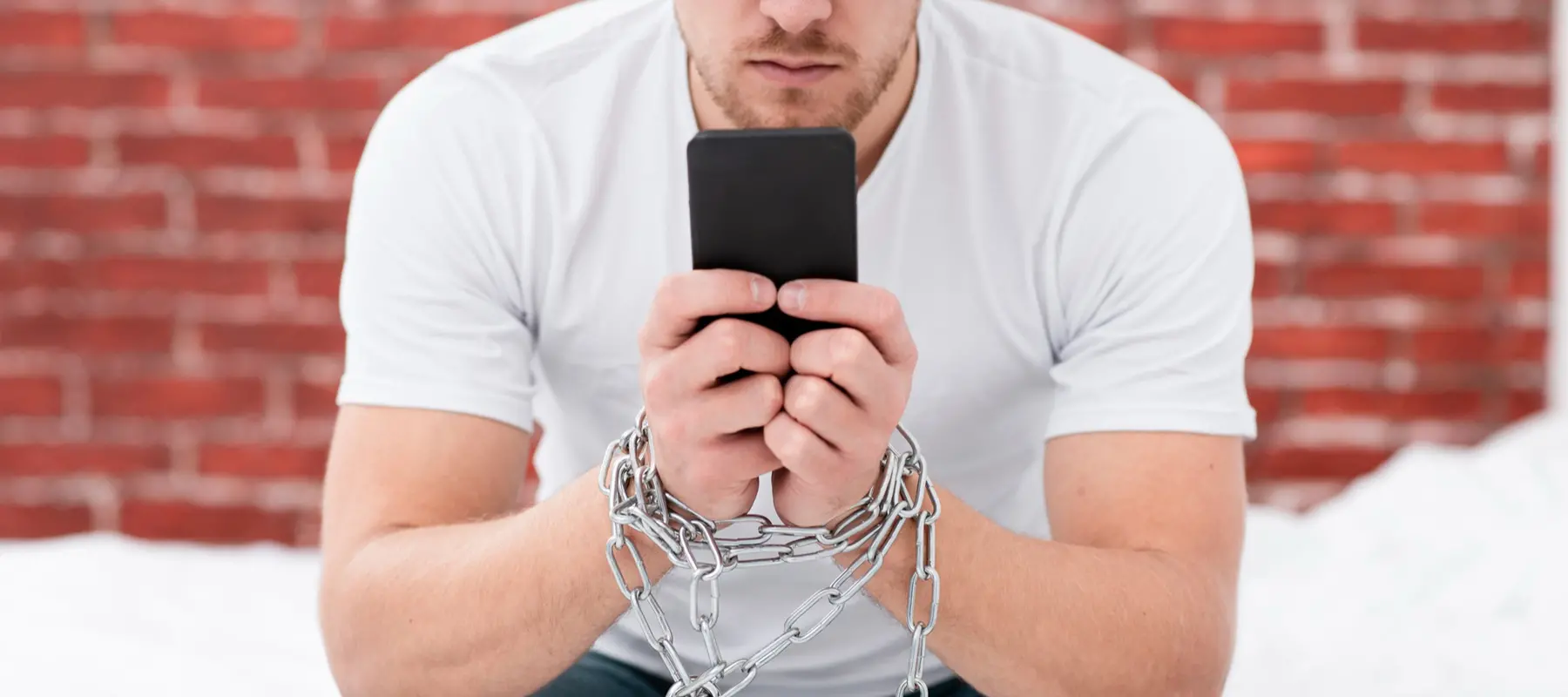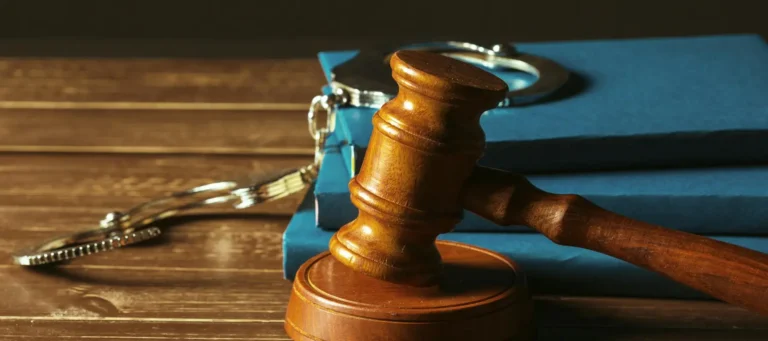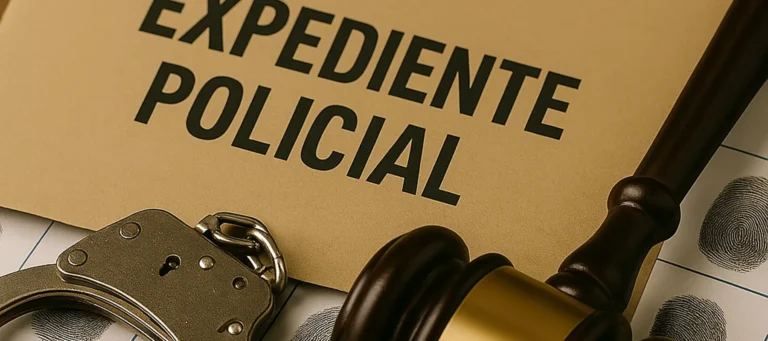Cybercrimes are no longer the exclusive domain of hoodie-wearing hackers in dark basements. Nowadays, you can commit one while lounging in your pajamas, scrolling through Instagram. At Legal Allies, we’ve handled numerous cases where foreign residents in Spain unknowingly committed cybercrimes just by sharing a photo or making a “joke” comment.
Did you post a photo without permission? Insult someone on Twitter? Log into your ex’s account? Careful—those actions may have serious legal consequences.
Let’s break down what behavior is punishable on social media, what to avoid, and what to do if you’re a cybercrime victim.
What Counts as a Cybercrime in Spain?
The term “cybercrimes” refers to all crimes committed using digital tools: computers, smartphones, social networks, etc.
In Spain, these are regulated under various articles of the Penal Code, especially from Articles 197 to 201. Some offenses can carry prison sentences of up to 6 years.
Most Common Cybercrimes on Social Media
Here are the ones we most frequently handle at Legal Allies:
Identity Theft
Creating a fake profile using someone else’s name or photo to harass, flirt, or annoy them is a crime.
Example: “I made a fake profile of my ex to get revenge.” — Punishable by 6 months to 2 years in prison.
Disclosure of Secrets
Publishing or forwarding private photos, videos, or voice messages without the owner’s consent—even if “someone else sent it first”—is illegal. Distribution is also punishable.
Cyberbullying or Threats
Insulting, harassing, or threatening someone on social media may constitute a criminal offense.
A heated tweet or a spur-of-the-moment threat? It can end up in court.
Unauthorized Account Access
Reading your partner’s messages without permission or accessing their email or social media—even if you know their password—is illegal.
Online Scams
Selling fake products or not delivering what was promised on platforms like Wallapop or Instagram can be considered fraud, with penalties depending on the amount involved.
What If You’re Underage?
In Spain, minors under 14 cannot be held criminally responsible. However, their parents or the child protection system may get involved, and civil actions can be pursued.
Between ages 14 and 18, minors can be prosecuted under the juvenile justice system.
Tip: If your children use social media, educate them about these rules. Many post without thinking—and that can have serious consequences.
What to Do If You’re a Victim of Cybercrime
- Collect evidence: Screenshots, links, emails—gather everything.
- Avoid responding or threatening back: It may work against you.
- Report it: You can do this at a police station or online via the National Police or Guardia Civil websites.
- Request urgent protection in cases of harassment or leaked sensitive images.
At Legal Allies, we help you draft the complaint and support you throughout the process—even if you’re not in Spain.
What If You’re the Accused?
If you’re accused of cybercrime, don’t speak without legal representation. Many times, authorities present screenshots or messages out of context. Identity errors are also possible.
Keep in mind:
- You have the right to a lawyer and an interpreter if needed.
- You can exercise your right to remain silent.
The key is proving intent, consent, and context.
How to Avoid Committing Cybercrimes by Mistake
- Don’t post photos of others without consent.
- Avoid insults or threats, even if you’re angry.
- Never access someone else’s accounts, even if you know their password.
- Think twice before forwarding sensitive messages or memes.
- Learn the rules before buying or selling via social media.
What might be harmless in your home country could be illegal in Spain. Legal Allies helps you understand local laws in your language and safely navigate Spain’s digital landscape.
Real-Life Cases
A young woman unknowingly shared an intimate photo received via WhatsApp. She was reported by the person in the image. We managed to close the case without charges through solid defense and mediation.
A young man was accused of identity theft for opening a fake profile using his ex’s photo “as a joke.” He ended up with a criminal record and a restraining order. On appeal, we reduced the sentence and cleared his record after the legal term.
Cybercrimes can happen without bad intentions… but the law doesn’t excuse ignorance. “I didn’t know” isn’t a defense anymore. On social media, one click can lead to a trial, a criminal record—or even deportation for foreign nationals.
If you’ve been accused or victimized by a cybercrime, Legal Allies is here to help you understand your situation, protect your rights, and make the best legal decisions. Because in the digital world, the law is just a click away.




